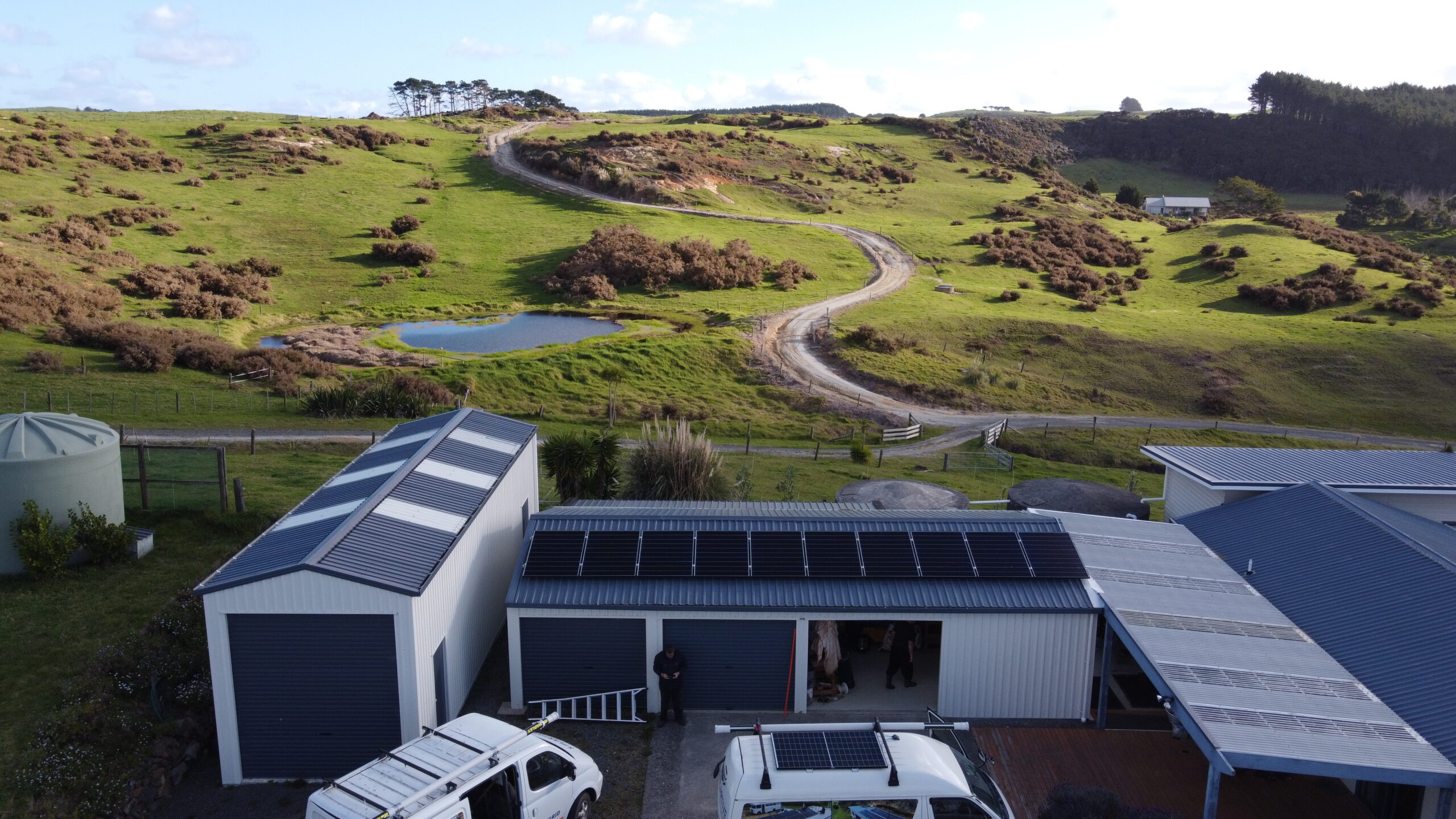
Better for the Environment and Your Wallet
Off-grid solar power means no more monthly bills – just clean, reliable, and sustainable energy generated on your property. Unlike grid solar power, which supplements your existing connection, an off-grid system is entirely independent of the power grid.
The key to a successful off-grid solar power system is finding the perfect balance between the maximum amount of solar energy you can generate and how much you can store. It’s important to consider all electrical appliances that the entire household uses daily. Going off-grid with solar energy will come with some lifestyle changes, such as consciously consuming less energy. This is because you will have a limited daily power supply. Upscaling your system to larger battery storage is a great idea; however, these are an extra expense.




